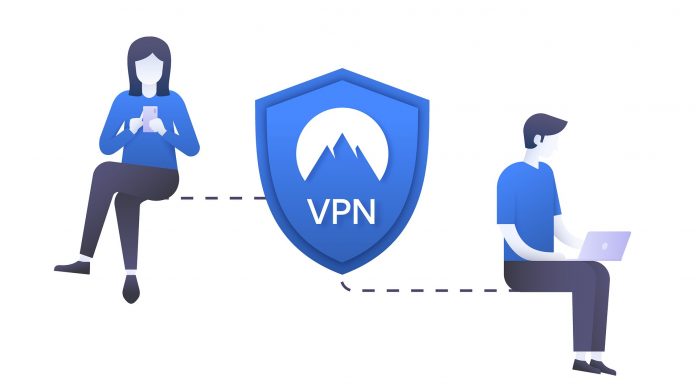Last Updated on April 8, 2024 by Umer Malik
Introduction
A VPN, or Virtual Private Network, is an online service that encrypts your internet connection. And redirects it through remote servers so that no one can see what you’re doing. For example, if you’re in France and want to watch an American TV show on Netflix. A VPN will make sure. Your computer sends its data to a server in the U.S., not France (where it would be illegal). It means that other people (like the government or hackers). Can’t tell what websites you visit. While they’re watching over your shoulder. If this sounds like something you might need. If only because it seems cool!. Read on for more details about how VPNs work and why they’re useful.
Protect Yourself On Public Wi-Fi And Open Networks
- Why you should use a VPN on public Wi-Fi
Public Wi-Fi is the bane of our digital existence. Public networks are often insecure and open to potential attacks, so it’s important to be careful when using them. A virtual private network (VPN) can help ensure that your data is encrypted before leaving your device. Making it more difficult for hackers or other unauthorized parties to gain access to your information while connected to public networks. For added security and privacy when surfing the web on public Wi-Fi networks, we recommend using a VPN whenever possible.
- What is a VPN?
A VPN creates a secure tunnel between two endpoints on the internet—your computer or smartphone. For example—and encrypts all communications flowing through that tunnel. This means that no one else can see what’s traveling between those two points. In this instance, if you’re connecting through an unsecured public WiFi hotspot at an airport or coffee shop back home (we’ve all been there), then nobody else will be able to see what websites you visit or monitor any data sent between those sites and yourself. They’ll only know that someone somewhere has connected via this network.”
Bypass Geographic Restrictions On Websites Or Streaming Audio And Video.
When you use a VPN, the information that travels. From your computer to the web can be encrypted. No one can see what you’re doing online, not even your ISP or government surveillance agencies.
When connecting to websites, some countries block certain content based on their geographic location: For example, if you access Netflix using a VPN in Australia. It will allow you access to more content. Than someone with an IP address in Germany.
Because of this restriction, many people have turned to VPNs to bypass these geographic restrictions. And watch what they want without having to worry about getting blocked by their local government or network provider.
Watch Streaming Media Like Netflix And Hulu.
Netflix and Hulu are blocked in many-countries.
VPNs can unblock these sites, allowing you to access streaming media services from anywhere in the world. It’s also important to use a VPN when using public Wi-Fi networks. Otherwise, your communications may be intercepted by others on that network — which is not good for you or them.
Stay Anonymous, And Avoid Being Tracked Online.
VPNs are extremely useful for keeping you anonymous and private on the internet. By masking your IP address and encrypting your data, a VPN can help you to browse the web safely.
The benefits of using VPNs go beyond simple privacy, though. With certain services, you can even appear to be located in a different country than where you are. This means that if there’s content available only in certain countries (like video streaming sites). Or if some websites block access from certain areas (like Netflix). Then using a VPN could allow you to access them from anywhere in the world!
Conclusion
In the end, there is no one reason to use VPN. If you think it’s a good idea, go ahead and do it. There are many benefits of using a VPN for your online needs as well as your ones.
























